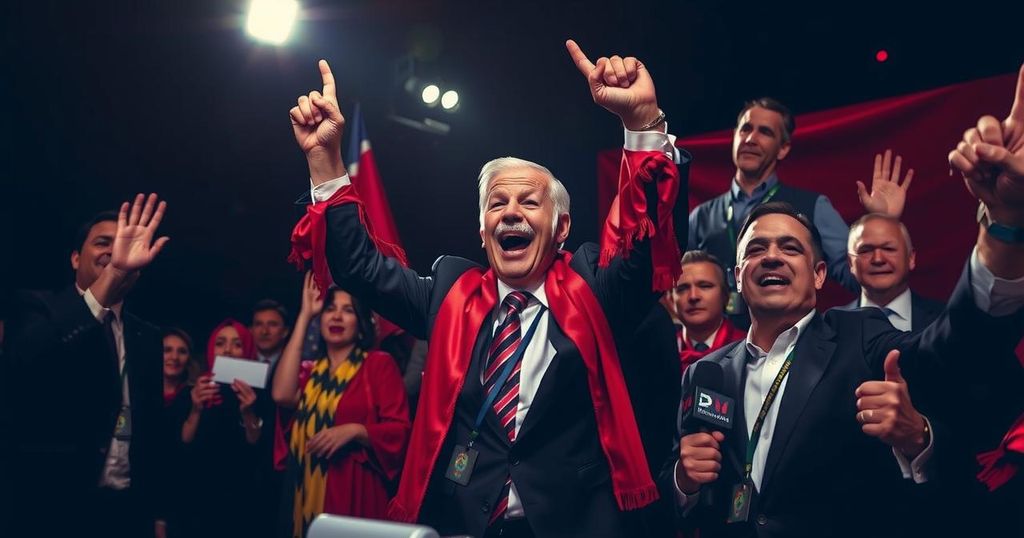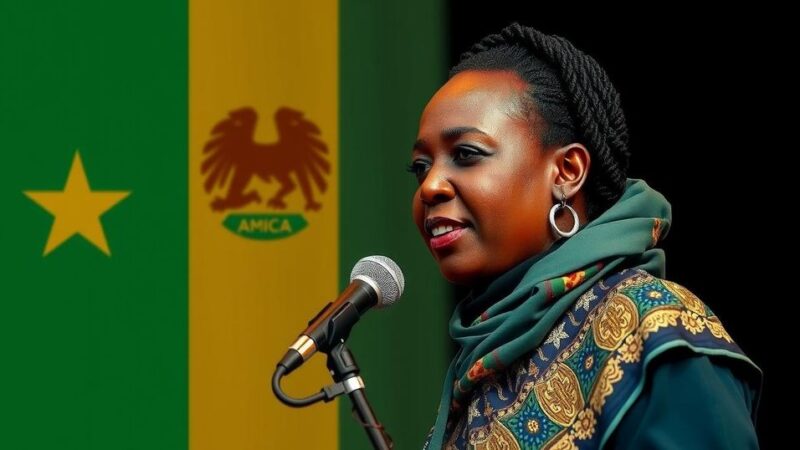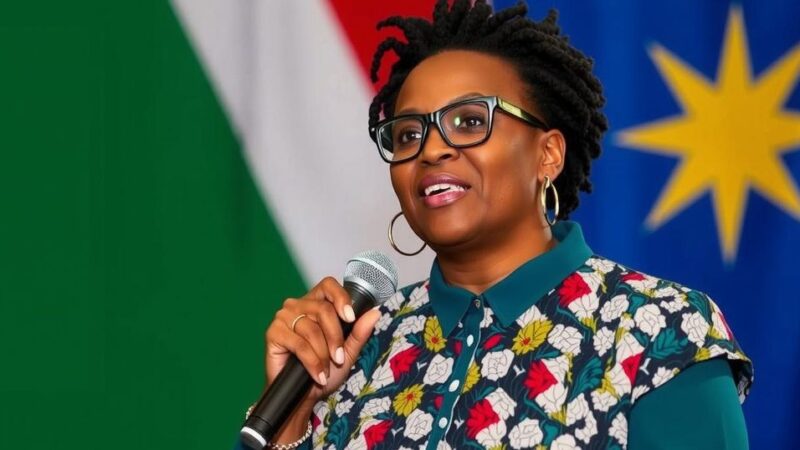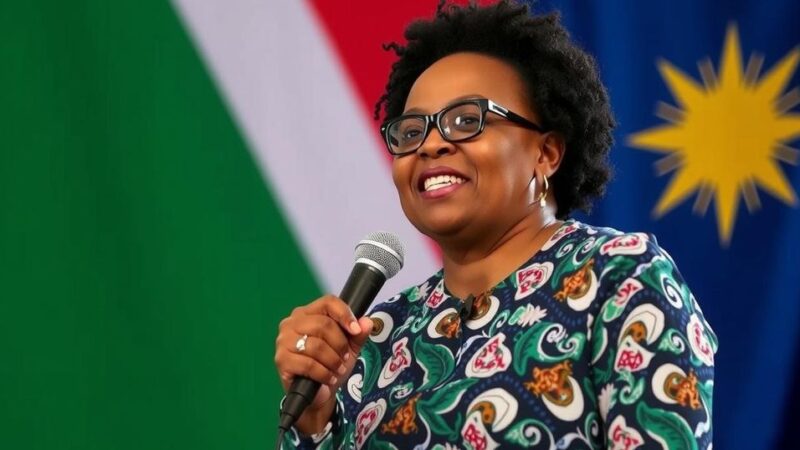Yamandu Orsi won Uruguay’s presidential election with 49.77 percent of the votes, defeating conservative Alvaro Delgado. Both candidates acknowledged the result with Delgado conceding swiftly. Orsi’s campaign focused on a modern left approach, assuring voters of a stable transition while addressing ongoing economic concerns such as inflation and inequality. This election reflects a global trend of decreasing voter support for incumbent parties.
In the recently concluded presidential election in Uruguay, Yamandu Orsi emerged victorious as the centre-left opposition candidate, garnering 49.77 percent of the votes against conservative candidate Alvaro Delgado, who obtained 45.94 percent. With approximately 97 percent of ballots counted, Orsi’s win was confirmed early on Sunday. Speaking to his supporters in Montevideo, Orsi expressed optimism about the future, stating, “The country of freedom, equality and also fraternity triumphs once again. Let’s continue on that path.” Both Delgado and the current President, Luis Lacalle Pou, offered their congratulations, affirming a smooth transition of power.
This election, marked by relatively cordial competition between moderates, reflects Uruguay’s political landscape that diverges from the sharp polarization seen in other Latin American nations such as Argentina and Brazil. While high living costs, rising inequality, and crime remain concerns for many Uruguayans, the easing inflation and increasing employment rates contributed to a stable electoral environment. Orsi successfully navigated the election landscape with a message of continuity and moderation, securing his place as the leader of a country known for its stability and progressive policies, such as legalized marijuana. The election results align with a broader global trend where incumbent parties have witnessed a decline in voter support, particularly in light of economic challenges that voters face in various nations including the United States and Japan.
Yamandu Orsi’s victory in Uruguay’s presidential election signifies a significant political event in a country typically characterized by moderate political competition. Uruguay, with a population of 3.4 million, has often been marked by relative stability and progressive policies. This election occurs against a backdrop of global electoral changes, where voters appear to favor opposition candidates over incumbents, primarily due to increasing economic pressures such as inflation. Orsi’s campaign emphasized a modern approach to leftist policies, aiming to address economic inequality while retaining a commitment to Uruguay’s traditional values.
In conclusion, Yamandu Orsi’s election as Uruguay’s president exemplifies a political shift towards the centre-left in response to economic challenges facing the nation. His commitment to continuity and modernization resonates with a populace navigating through rising costs and inequality. As Uruguay transitions leadership, the overarching narrative reflects a worldwide trend of diminishing support for incumbent parties as voters seek new solutions to prevailing issues. The congenial nature of this electoral contest offers hope for a collaborative political environment moving forward.
Original Source: www.areanews.com.au






